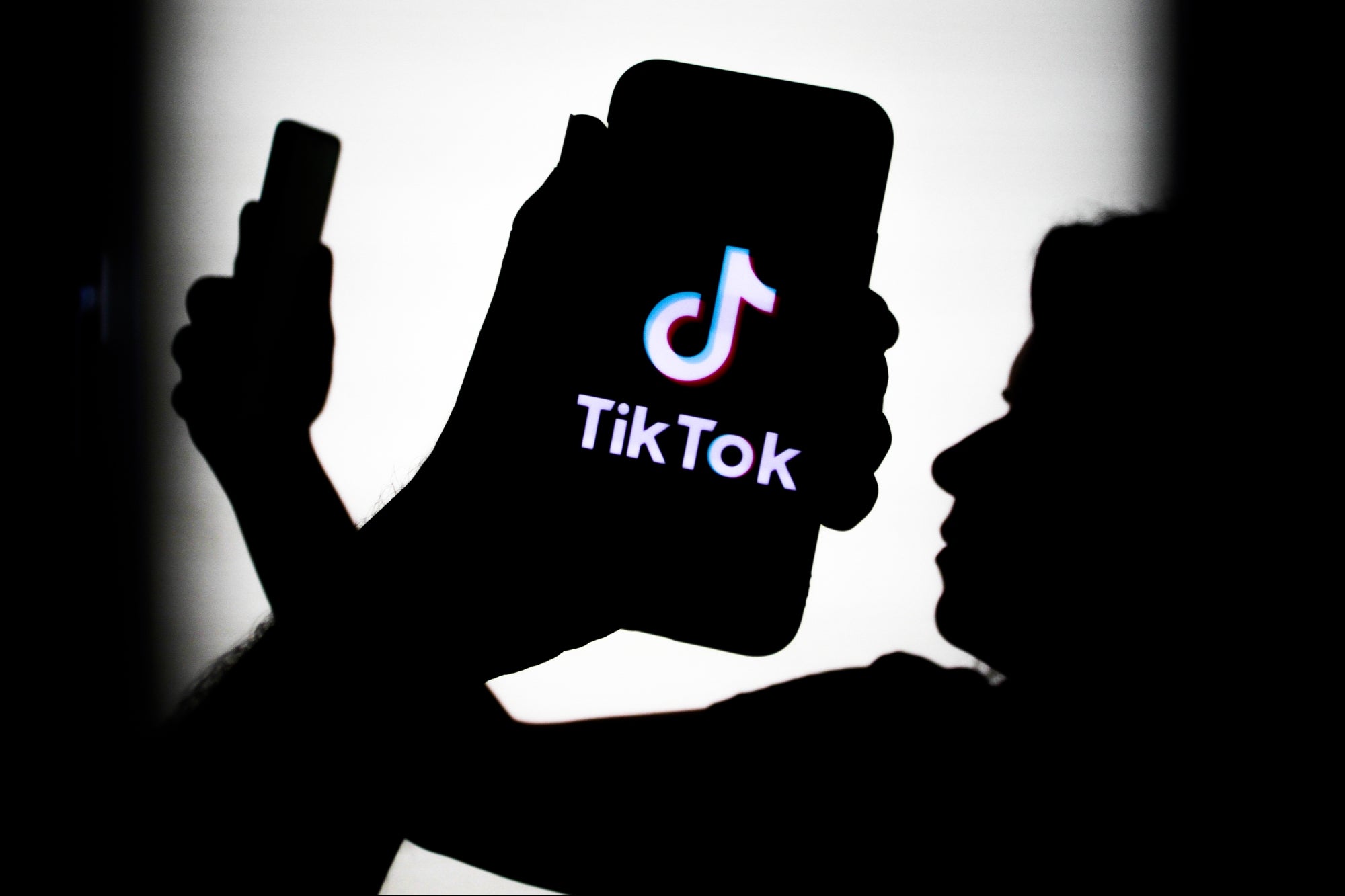The Blockchain-driven Future Of Government Service Delivery There are a plethora of areas in which blockchain adoption by governments would benefit beyond payments and financial services
Opinions expressed by Entrepreneur contributors are their own.
You're reading Entrepreneur India, an international franchise of Entrepreneur Media.

Blockchain is a technology the public most commonly associates with cryptocurrency, one which facilitates the exchange of financial "coins' between participants in the absence of a trusted third party to ensure the transaction, as governments traditionally do. However, this is only a skin-deep understanding of the underlying technology.
At its core, blockchain is just a method of storing, cataloguing and processing data in a way which is highly decentralized and highly secure; everyone with access to a particular data set can see the same data as everyone else, and everyone can follow changes that are made or where the data goes. Blockchain ensures that any copy of the data is always available, verifiable and trustworthy.
One area that otherwise highly developed, 4th Industrial Revolution (4IR) countries continue to struggle with is data-management and adapting government services and processes to digital accessibility. Catchphrases such as availability, integrity, transparency and security reflect government intentions, but often not the application or user-experience among its citizens. Because blockchain ensures high service availability and data integrity, any industry that relies on the usage of a trusted third party or requires a solid guarantee of security (like governments), should consider using blockchain solutions.
There are a plethora of areas in which blockchain adoption by governments would benefit beyond payments and financial services, such as: product/service tracking and tracing, identity management (including for security or access purposes), contracts and dispute resolution, and in the complaints/internal affairs process. Fortunately for us all, the hard part is already done: the technology to underpin this exists and has been proven. All that is required is appropriate government policy and intelligent regulation.
In the European Union (EU), we have already seen some initial programs at the country level which are bearing out promisingly. Estonia has been an early and effective user of blockchain technology in government service delivery. The e-Estonia program supports multiple features such as e-identity, e-healthcare, and e-governance. Today, 98 per cent of Estonians complete their tax filings online and 99 per cent of their health data is digitized and stored via blockchain technology. Other countries such as Georgia and Sweden use blockchain technology to manage assets. Both countries have utilized blockchain for land title registry and related property transactions, as explained in this article.
These individual case studies are impressive on their own, but they don't address the full picture. Currently, these are isolated success stories due to one critical issue; there is a gap at the international level.
What is lacking is smart regulation at EU level that would allow blockchain applications to develop and thrive throughout the broader union. It is crucial to draw potential lessons from these existing initiatives to create unified regulation for the EU. One could even use the EU's very own incipient Horizon Program as a starting point. The program's stated goal is that the EU will provide funding for blockchain research and innovation through grants and prizes and by supporting investment. Allowed topics include (i) e-identity and decentralized data management, (ii) healthcare and education, (iii) privacy and cybersecurity, (iv) Internet of things (IoT) and smart homes, grids, and cities, (v) music and media, (vi) industrial technologies, and (vii) environment and circular economy.
The successful implementation of blockchain technology to improve government service delivery will ultimately depend on a supportive policy environment, a business ecosystem that is ready to exploit the new opportunities that technology opens, and a suitable industry mix. Europe already possesses two of these three characteristics; the final point, policy, is easily within the union's grasp. Unlike immigration, trade, or energy imports, improving services to constituents is a non-controversial topic on the forefront of any government's mind that should not lack consensus support in Brussels. It just remains for EU leaders to take the first step.












